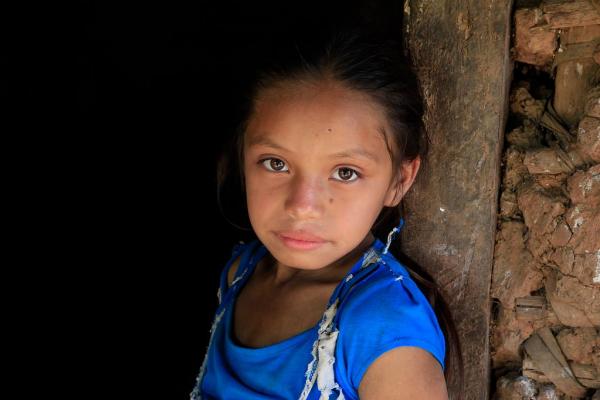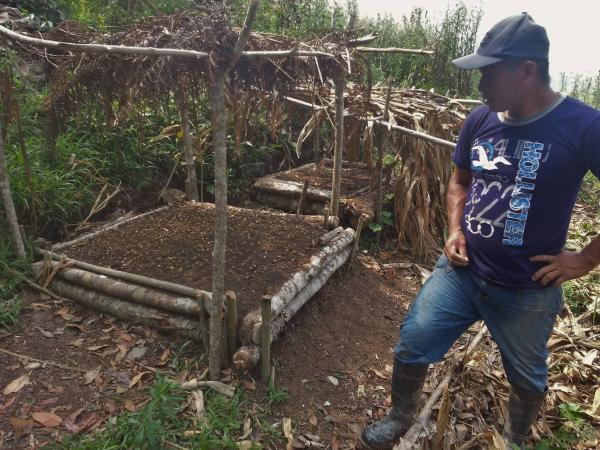Vision:
To see communities of Chorti come to Christ while living healthy, self sustaining lives.

Mission Statement:
To share God's love with the Chorti Indians of Honduras and Guatemala by 1) proclaiming the gospel of Jesus Christ through evangelism/church planting and 2) improving quality of life through agriculture/health-care based programs.
Project Description:
Baptist Rural Life Ministries (formerly Chorti Baptist Development Project) is a collaborative effort of primarily Southern Baptist individuals, organizations, and churches who are working together to meet the physical and spiritual needs of the Chorti Indians in Honduras and Guatemala. The project began in 2004 and has had over 150 different families involved in the various programs that are currently offered. The project seeks to meet physical needs primarily through teaching a variety of farming technologies designed to help small, sustenance farmers living in mountainous regions of the world. A key element is the SALT program (Sloping Agricultural Land Technology) developed by Harold Watson. All parts of the project are integrated with an evangelistic effort designed to bring the participants to a saving knowledge of Jesus Christ through a strategy of chronological Bible storying.

Project Goals:
To provide each farmer enrolled in the program with an opportunity to hear the gospel in storying form.
To establish a Bible study group in each village/community that has agricultural work with the ultimate goal of organizing groups of believers into Chorti Baptist churches.
To join churches together into a Chorti Association of Baptist Churches of Copan.
To teach farming techniques designed to enhance the quality and quantity of food available for consumption and sale.
To develop and disperse animal livestock.
To provide improved methods of corn and bean storage to reduce spoilage and stockpile seed for planting.
To manufacture and distribute improved cook stoves.
To teach primary health-care and nutritional information.
To provide medical/dental care and treatment to areas not served by public services.
